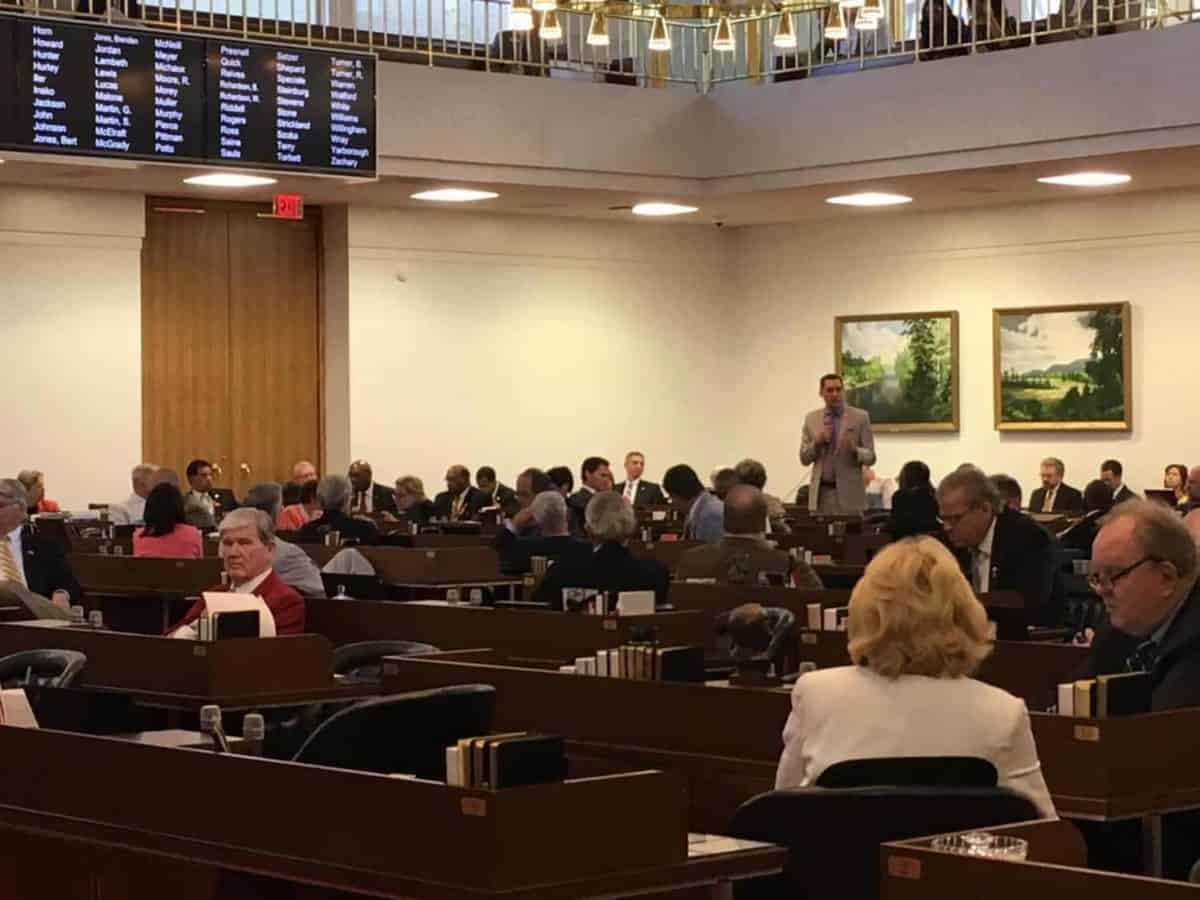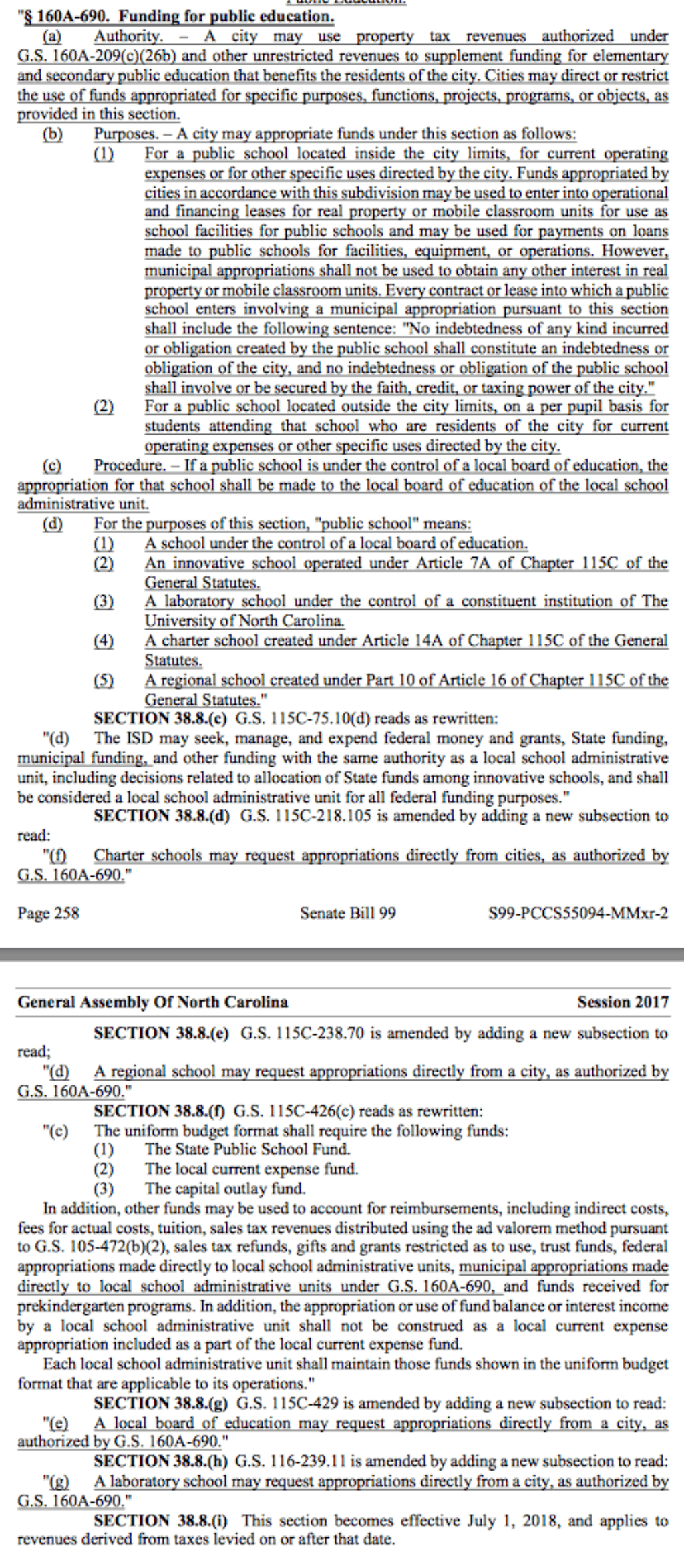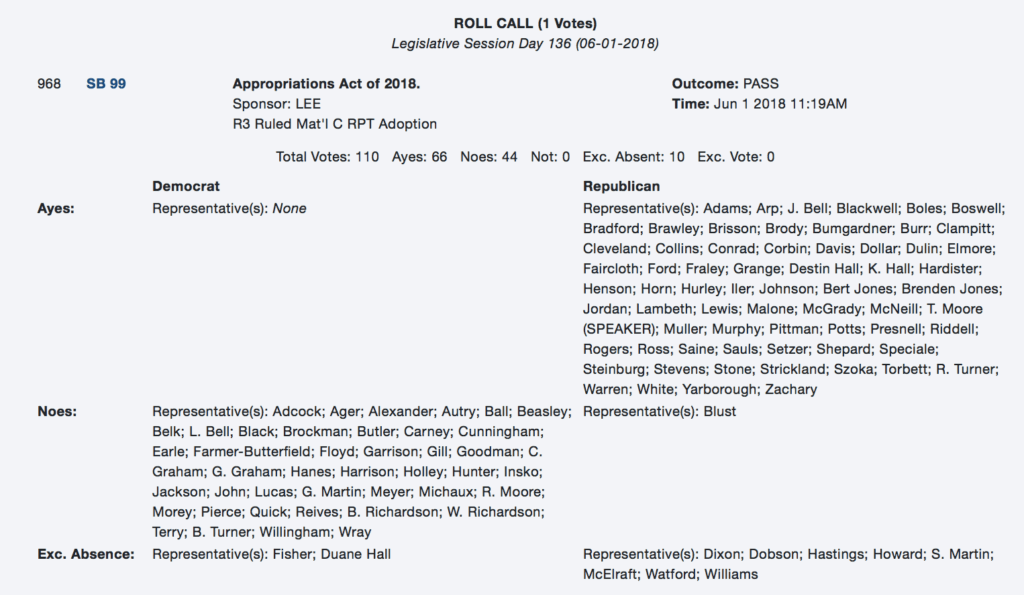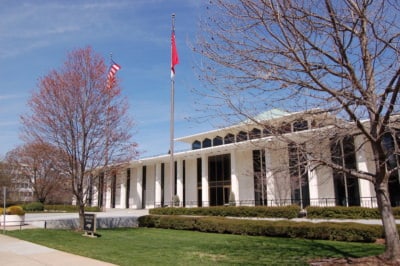

Rep. Graig Meyer, D-Orange, spent his time debating the budget today to focus on one provision which he says amounts to a radical shift in school funding.
The budget passed its final vote in the House this morning, 66-44, after having finally passed the Senate yesterday, and much of the debate has focused on the fact that no amendments are allowed. Meyer said a provision that allows municipalities to use property tax for school-related funding needs special attention, and should have its own discussion separate from the rest of the budget. In North Carolina, school funding is mostly the responsibility of the state.
“We haven’t really been able to debate it as an individual bill,” he said after asking lawmakers to go home and ask their constituents what they think about it.
Text of provision allowing cities to use property tax for schools


The budget bill was crammed into a conference report by Republican leaders, which is why no amendments are allowed. When the budget dropped Tuesday night, it included this provision which is aimed at a bill, House Bill 514, which allows four towns in the Charlotte-Mecklenburg School district to create their own charter schools.
A report last week showed problems with the bill, including the fact that under the constitution, localities can’t use property tax for school-related purposes without a referendum. The budget eliminates that problem. The report last week also found localities couldn’t take on debt for school-related purposes, meaning if these towns wanted to build charter schools, they would have to pay the money themselves up front. The provision in the budget also absolves taxpayers from being liable for the debt.
Meyer said he worries that allowing localities to use property tax for school-related purposes would put added pressure on local leaders to use that power and affect the nature of local elections.
“You’re going to start to have war in your counties about who’s going to pick up funding for (education),” he said.
Education in its many forms was much of the criticism from multiple Democrats during the House debate Friday, but the budget process was also front and center.
House Speaker Tim Moore, R-Cleveland, spent a considerable amount of time at the beginning of the debate defending the process. He said the Republicans are operating under the rules of the General Assembly. Not the Republicans’ rules, but the rules of the entire body. He went on to say that while Democrats are complaining they haven’t been allowed in the process, that’s not true. Some of those complaining came privately to him and others, asking for things in the budget that were then added, he said.
“Don’t make arguments that there’s no input,” he said. “Because we all know better.”
But Rep. Billy Richardson, D-Cumberland, cautioned the Republicans, saying it was the responsibility of the “loyal opposition,” to do so.
“What you’re sensing over here with us is not that we’re angry with you,” he said. “We’re frustrated. We genuinely want to work with you. We genuinely want to be a part of this process.”
The budget now goes on to the governor. Below is a rundown of who voted nay and yay on the House’s final vote.


Here is a rundown of media reports on the final House budget debate.


